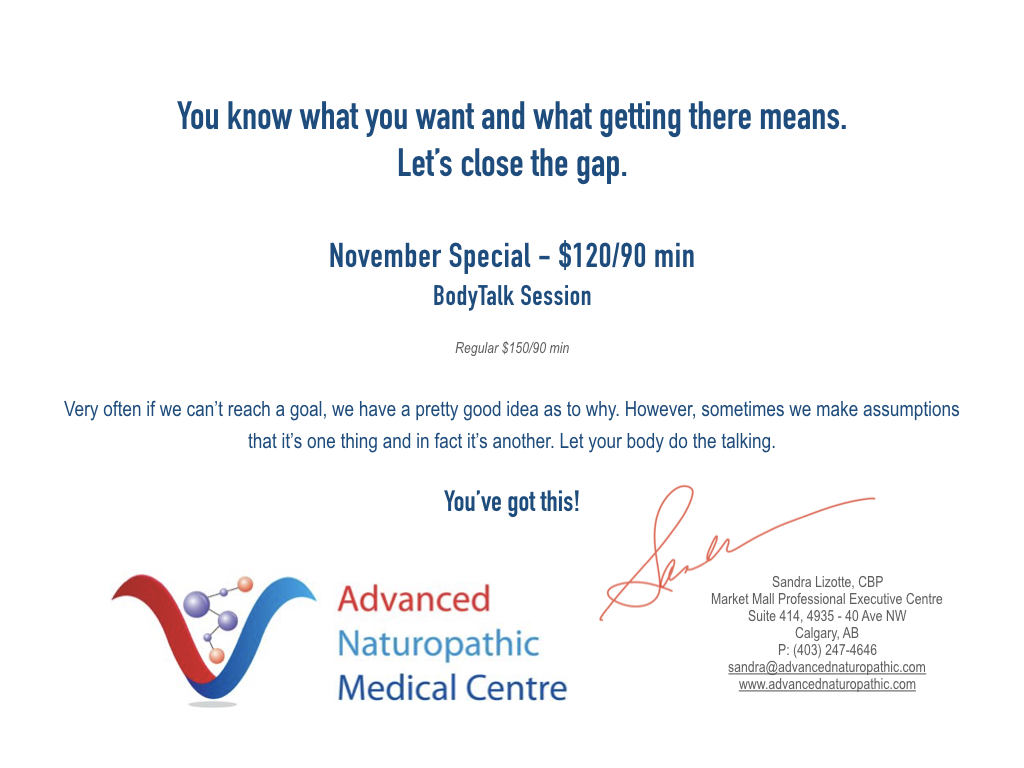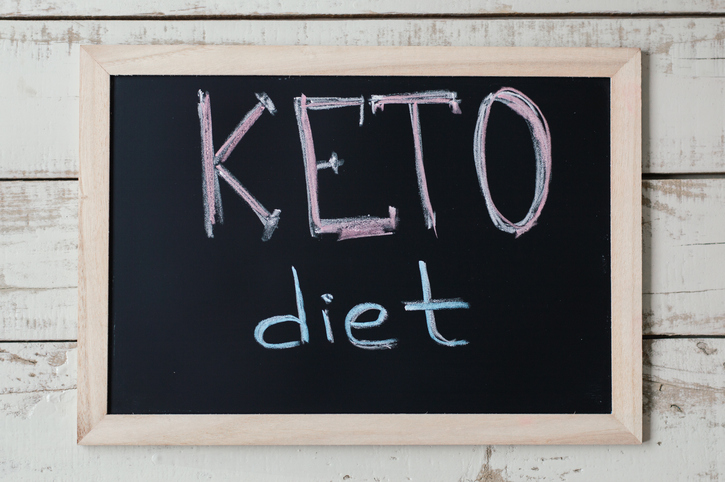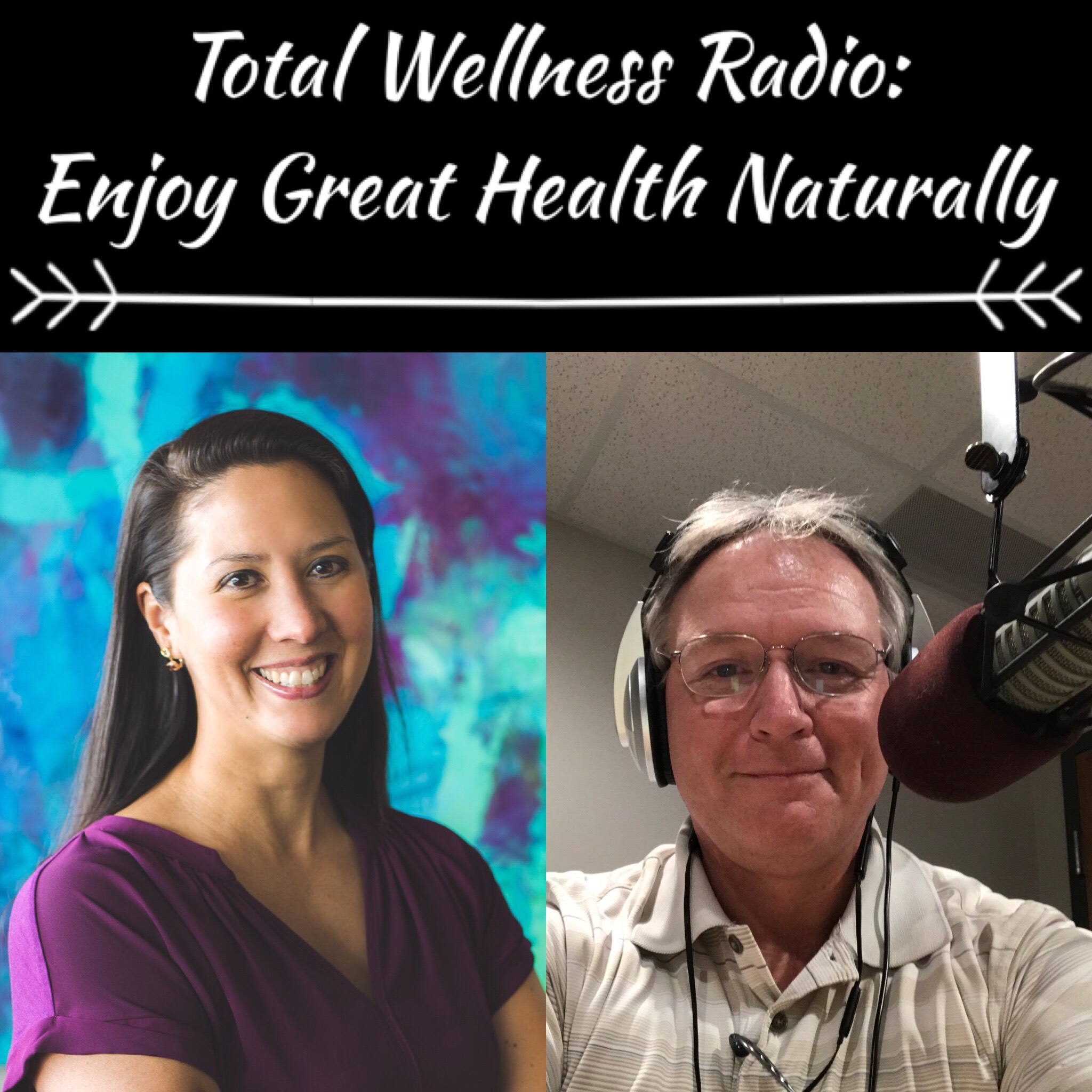November 2018 Newsletter
Upcoming Event
TOPIC: All Things KETO
In this 1-hour workshop, you will be introduced to the science and practice of the ketogenic diet.
Dr. Kaler will guide you through how to promote ketogenesis and switch your body’s metabolism from sugar burning to fat burning. You will learn what health conditions the ketogenic diet is helpful for including weight gain, fatigue, diabetes, seizures and certain cancers.
The workshop will include the do’s and don’ts of the diet, as well as natural supplements to support ketosis.
Tickets are $20 and all attendees will receive 15% off their entire purchase at Amaranth Arbour Lake that evening.
DATE: Tue, 13 November 2018
TIME: 7:00 PM – 8:00 PM
CLICK HERE TO PURCHASE TICKETS
Welcome to our Team
We are excited to welcome Sandra Lizotte, BodyTalk Practitioner, to our team!

Sandra specializes in helping her clients identify the missing pieces to their personal and health situations. She gets to the heart of the matter, while remaining totally impartial to what is discussed. She is passionate about educating and empowering her clients with well-informed, relevant information. She shares her educational training to ensure her clients receive the knowledge and confidence to take control of their personal situations and health. This provides the most insightful and valuable experience for her clients.
Sandra’s education includes a BA, Health Psychology, ICF Professional Coaching certification, applied kinesiology, nutrition and 13 years working with the Bodytalk system.
Sandra is a professional consultant with a solid reputation and vast amount of knowledge in her particular field. She has been a professional coach, specializing in the field health psychology and energetics since 2005.
Psychology’s Link To Health
- Health and psychology are intimately interwoven. Understanding how our environmental, social and psychological factors influence our physical health is fundamental to recovering from illness and living a healthy, productive life. Just as our external world influences our internal world, the reverse is equally true. Being stressed, sick or in chronic pain has just as much impact on our work, our family, our social life, and our ability to think and feel optimistic. So what comes first the chicken or the egg?
- Very often, if we’re not well we have a pretty good idea as to why. However, sometimes we make assumptions that it’s one thing and in fact it’s another part of life that we don’t even realize is affecting us. The study of health psychology looks at five key life areas, which together create the full picture. As the pieces come together, the steps for change become clear.
BODYTALK
- BodyTalk is an informative component to your health recovery plan. It’s an energetic therapy that utilizes your body’s innate wisdom and core energetic systems. In a healthy body, energy molecules move fluidly within the core body systems. These energetic molecules are how our body communicates with itself. They contain the homeostatic balance of our tissues and systems along with our dietary needs. They also keep track of our thoughts, our emotions, our what’s going on in our environment. All of this is dictates how we feel each day. When you have soreness, pain, headaches, cardiovascular, digestive, or any other problem, it’s an indication that the energy can no longer move with ease and a blockage has developed. The more blockages, the more pain, and over time the more sick you become.
- BodyTalk is a system that brings it all together. BodyTalk identifies blockages within the normal physiological processes of your body.
What To Expect
- Non-invasive, safe, informative
- Provides you with the most relevant information directly related to your current personal and health situations
- Logic and intellect navigate the session
- Limitations are clearly identified
CLICK HERE to book an appointment with Sandra.
November Special Offer!!!

In the Media
Dr. Melina Roberts was interviewed by Total Wellness Radio. Listen to interview here.
Featured Article
Ketogenic Diet- An Overview
BY: Dr. Tory Jackson

The Ketogenic Diet is a popular topic these days. It’s being used for a range of
conditions; balancing blood glucose levels, reducing cardiovascular disease risk,
improving mental and physical energy, for digestion and elimination and for more
serious conditions such as epilepsy and cognitive decline. Animal studies suggest
the diet may have anti-inflammatory, anti-aging and cancer-fighting benefits as well.
What exactly is a Ketogenic Diet?
Generally, the ‘Keto’ diet involves cutting back on carbohydrates, to 50 grams a day
or less, to help the body achieve a state of ketosis (forming ketone bodies, to very
specific, measured levels).
Overall, the diet consists of 65-75% fat, 20-25% protein and 5-10% carbohydrates.
What Happens When the Body is in a state of Ketosis?
Ketosis becomes the back-up source of energy when blood glucose is low (as in
cases of fasting or reducing carbohydrate intake.) Insulin levels decrease and stored
fat is released from cells and makes it’s way to the liver, which changes it into
ketones. Your metabolism is equipped to use ketones (acetoacetate, beta-
hydroxybutyrate, and the breakdown product, acetone) as a source of energy rather
than blood sugar or glycogen (sugar/carbohydrates).
To clarify, ketosis occurs in healthy individuals. This is not to be confused with
ketoacidosis, a condition that can occur in individuals with uncontrolled blood sugar
such as Type 1 diabetics. Ketones become extremely elevated and cause blood
acidity, requiring medical treatment (see below for specific ketone measurements.)
Not All Fats are Created Equal
It should be stressed that a keto diet consists of a balanced combination of
monounsaturated (MUFA’s) and healthy polyunsaturated fatty acids (PUFA’s) with a
moderate amount of saturated (SFA’s). There are naturally occurring trans fats in
dairy and grass-fed meats acceptable for the keto diet.
All processed fats are to be avoided (see the chart below). Processed fats, especially
PUFA’S are high in Omega-6 fatty acids and can be processed using solvents,
bleaches and other chemicals. Processed trans fats are to be avoided.
Fats to Include Fats to Avoid
SFA’S:
-red meat, butter or ghee, lard, eggs,
cream, coconut oil or MCT oil
MUFA’S:
-extra virgin olive oil, avocados, avocado
oil, macadamia nut oil, bacon and goose
fat
Healthy PUFA’S:
-fish, flaxseed, chia seeds
-Nuts, legumes and seeds in moderate
amounts
Naturally occurring Trans Fats:
-dairy, grass-fed meats
Fats to Avoid
Processed PUFA’S:
-processed corn, canola, soy and
sunflower oils
Processed Trans fats:
-fast foods, partially hydrogenated oils,
margarine, baked goods
It is a common misconception that saturated fats increase the risk of heart disease.
Research shows otherwise. In fact, saturated fats have been shown to increase both
HDL’s (the ‘good’ cholesterol) and the large and intermediate sizes of LDL that do
not contribute to heart disease. The increase in large-size LDL’s outnumbers the
small and very small LDL’s which are more associated with heart disease.
Overall, getting good quality fats are important; organic or grass-fed sources are
best; olive oil, avocado oil, coconut oil, butter or ghee and other non-hydrogenated
or unprocessed oils. Nuts and seeds in moderation are excellent sources of healthy
fats that can bump up your overall fat intake.
What’s Allowed
Diet staples include meat in moderation…think of using it as a condiment. Meat, fish,
eggs, oils, nuts, nut butters, seeds, flax seeds, avocadoes, high fat/ unsweetened
yoghurt and cream and cheese. Vegetables should compromise a substantial portion
of food intake because of the protective antioxidants they provide. High in
nutritional value and fiber, low-carb choices such as kale, mixed greens, spinach,
cabbage, mushrooms and green beans are excellent choices. Berries are an excellent
low-sugar choice in the fruit category. Vegan keto diet options also exist if you are
not eating animal products.
What’s Eliminated
What’s removed are high-carb foods such as all grains, bread, beans and processed-
carbohydrate foods. This is an important category to eliminate. Carbohydrates
interfere with the body’s ability to switch over to ketosis. Instead, dietary fats will
be stored and not burned for energy.
Vegetables with a high starch (carbohydrate) content are use very sparingly or
eliminated; potatoes, corn, and root vegetables such as parsnips and yams. As well,
fruits that have a high sugar content (especially tropical fruits- oranges, mangos,
papaya, pineapple, bananas, dried fruit and fruit concentrates.) Eliminate any foods
that have additional hidden sugars and coatings.
Ketogenic Diet and Weight Management
There is increasing evidence of the benefits of a ketogenic diets in weight
management, but outcomes can vary greatly if food intake is not accurately followed
and ketone levels are not correctly managed.
Some of the metabolic changes as part of a ketogenic program contributing to
weight loss are;
-blood glucose and circulating insulin levels decrease
-as ketosis is stabilized, ketone bodies have beneficial effects on appetite-controlling
hormones such as ghrelin and leptin.
-fat loss is seen when there is an increase in fatty acid oxidation (in the liver),
producing ketone bodies in order to meet energy demands, and less fat
accumulation results.
How to Measure if You’re in Ketosis:
The most reliable way to determine level of ketosis is through a finger-blood spot to
measure beta-hydroxy-butarate levels (not officially a ketone, but acts like one.)
Urine test strips measure acetoacetone and are inaccurate beyond the initial stage of
ketosis. Breath testing only measures acetone.
Within a few days, blood ketone levels may reach .5 to 1.0 mmol/L, termed
‘nutritional ketosis’. The body may take 2-3 weeks until ketone levels reach 1.5 to a
maximum of 3.0 mmol/L, where ketosis is optimized.
Individuals who are diabetic or have unregulated blood sugar, require close
monitoring for ketoacidosis. Blood levels over 3 mmol/L or urine ketone levels over
11 require medical attention.
Individuals with normal blood glucose levels combined with low to moderate levels
of ketones have no increased risk for ketoacidosis.
Some Possible Adverse Effects:
The low carb, moderate protein and high fat diet is challenging to maintain. Not all
types of fats are equal (ie bacon vs avocadoes). There can be a period of increased
fatigue and feeling unwell for a few days (termed ‘keto flu’) as the body transitions
to burning fats. With rest and adequate water intake these symptoms are
temporary. Also, an increased amount of dietary fat makes additional work for the
gall bladder and bile production. The result may cause bowel movements to be soft
or, in extreme cases, diarrhea. This can be aggravated by the removal of fiber from
grain sources. Getting adequate fiber from vegetables can alleviate most digestive
symptoms. These symptoms can also occur if there is an increase in dairy-
containing foods, if an individual is dairy intolerant. If there is an increased
consumption of artificial sweeteners (xylitol or erythritol) this may also contribute
to loose stool.
Caution for Individuals with Certain Health Conditions
This type of program requires some supervision and is not for everyone. Conditions
that require consideration and professional observation are Crohn’s disease,
cardiovascular disease, diabetes or metabolic syndrome, eating disorders or clinical
metabolic conditions that involve nutrient deficiency.
How To Get Started
The Ketogenic diet is best used short-term and can be an effective beginning to
shifting metabolism or a supervised therapeutic program.
Start with a naturopathic consultation. It’s important to get a full picture of your
present state of health, perform some baseline lab testing and recommend a body
composition analysis.
We can help you create a safe, personalized ketogenic program with meal
suggestions suited to your preferences and health needs along with guidelines for a
healthy lifestyle, then monitor your progress.
If you require more information, contact ANMC for further information.
Featured Recipe
Gluten-free Zucchini Pasta
Contributed by Dr. Jatish Kaler


